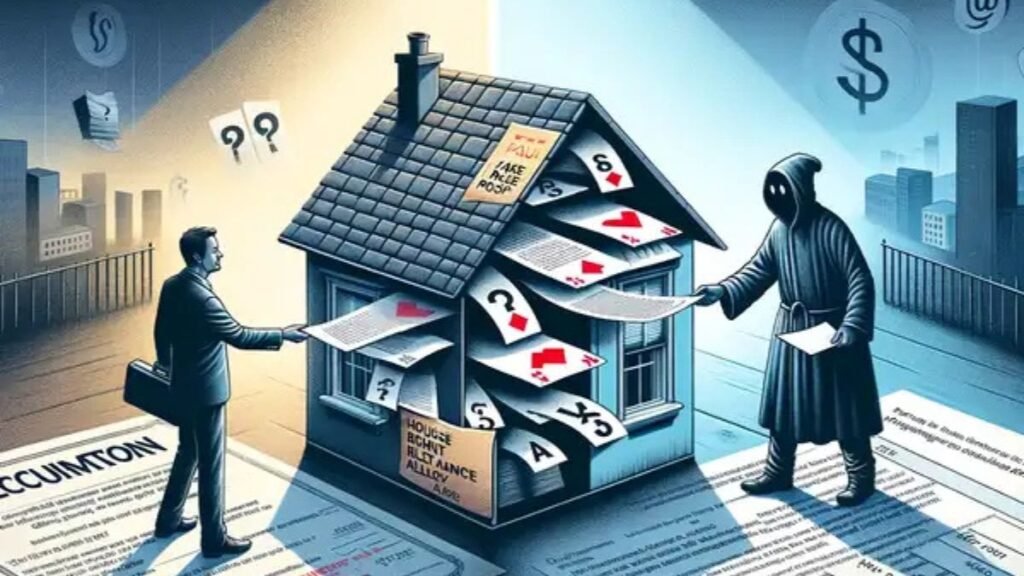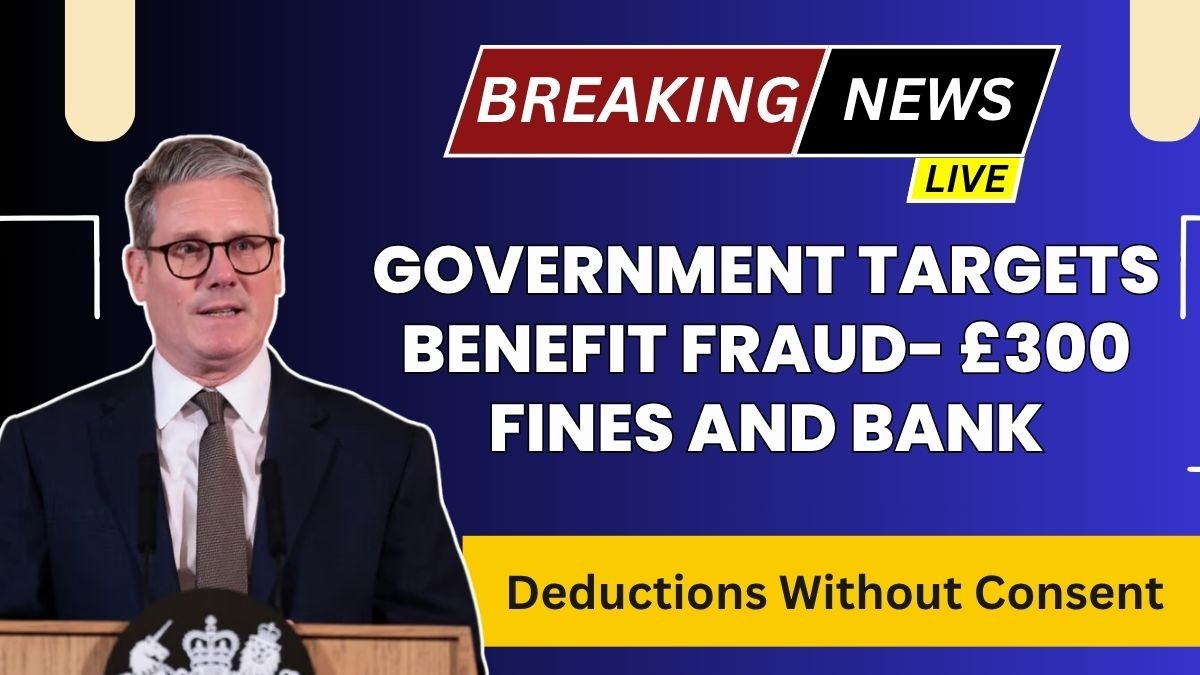You’re probably hearing a lot about the DWP getting tougher on benefit fraud—and that’s because it’s true. The UK government is rolling out new measures aimed at cracking down on those who misuse state benefits, and the changes are pretty substantial. The Department for Work and Pensions (DWP) now has far more power to access claimant bank accounts, reclaim money directly, and slap civil penalties on offenders—up to £300 in some cases. It’s part of a wider anti-fraud push focused on protecting taxpayer money and safeguarding the welfare system.
Why Now?
Benefit fraud and error have been an ongoing drain on public funds. Back in 2021–22, the government identified around £823 million lost to fraud and error through DWP activity. But recovery figures have lagged. Only 23% of that lost figure was clawed back. Other public services fared even worse—with the NHS retrieving just 12% of its fraud losses. Clearly, something needed to change.
Enter the new strategy: more investigatory clout, stronger recovery rights, and a tougher stance on those who choose not to repay. The goal? Reduce loss, increase recovered funds, and send a clear message: if you’re defrauding the system, consequences will follow. The DWP joined forces with other watchdog bodies, bridging legal gaps and bringing more public sector funds under one roof through the Public Sector Fraud Authority (PSFA).
Post not found.
What’s Changing?
1. Bank Access & Automated Recovery

Previously, the DWP could issue an overpayment notice and hope victims—or claimants—would repay voluntarily. Now, they can go straight to your bank account using a deduction order once liabilities are confirmed and voluntary repayments aren’t happening.
For example, suppose Sarah was overpaid £2,000. In the past, she’d get a repayment demand and have time to sort it out. Now, if she has that money sitting in her account and doesn’t arrange a repayment plan, the DWP can authorise deductions—after issuing a warning and giving her time to respond.
2. New Civil Penalties
If someone is found to have deliberately withheld repayments, the DWP can slap on a £300 penalty. That’s separate from the repayment itself—so it adds up fast if you’re not careful.
3. Assets & Legal Action
What if you’ve moved your money into property or offshore accounts? The new legislation allows DWP to dig deeper. They can take civil action to demand repayment via courts, attaching property assets, and other means—no loopholes, no hiding.
Who’s the Target?
It’s important to note these measures aren’t aimed at every struggling benefit recipient. They’re designed to target people who:
- Received overpayments due to their own actions
- Have the ability to repay (inaccessible bank funds or assets)
- Refuse to cooperate with repayment efforts
If you’re in real financial hardship and make a genuine effort to repay any sums owed, you’re unlikely to face enforcement. Civil liberties groups have raised concerns about privacy and fairness, but the DWP maintains that safeguards are in place—from oversight by trained officials to independent appeal routes.
Your Rights & Safeguards
These new powers don’t mean the DWP can just seize money on a whim. There are several safeguards:
- Due process: You’ll get a formal notice explaining the debt, relevant details, and a timeframe to respond
- Chance to appeal: You can ask for reconsideration, request internal reviews, or take your case to an independent tribunal
- Independent oversight & training: DWP officers must follow strict protocols, and decisions are monitored to avoid misuse
- Only last resort: Enforcement kicks in only if voluntary repayment attempts fail
How It Works in Real Life

Let’s say Tom overclaimed income support by misreporting his earnings. DWP reviews and decides he owes £1,500. He’s contacted twice and given forms to arrange repayment. When he doesn’t respond, the DWP triggers a bank deduction of £300 a month until the debt’s cleared—and hands him a £300 civil penalty. Even if Tom has moved some savings into a minor property fund, DWP can pursue that through legal channels. But Tom still has the chance to contest every step of the way.
Wider Context
This crackdown is part of a broader government shift. Increasingly, public bodies—from local councils to NHS Counter Fraud Authority—have been empowered to recover funds outside traditional tax channels. The PSFA allows a co-ordinated approach, letting them follow the money wherever it is, instead of waiting for it to resurface in tax calculations.
Some observers point to this as a shift in how benefits are administered—not just a technical fix, but a cultural and legal turning point in recovery powers. There are critics who argue this risks targeting people who weren’t even aware of an overpayment, but the government counters that they’ve built in notice and appeal systems to prevent unfair outcomes.
What You Should Do
If you’re on benefits, here’s what to keep in mind:
- Always keep records of your income, benefits, and any changes
- Check notifications from DWP and act quickly if they demand repayment
- Set up a repayment plan early—even small amounts are better than none
- If challenged or unsure, seek advice from Citizens Advice or welfare rights organizations
- Appeal if you’re wrongly accused—you don’t have to accept everything without a hearing
Final Take
The government means business. Benefit fraud isn’t being ignored anymore, and you can expect enforcement actions that weren’t previously possible. For honest claimants responding in good faith, this shift shouldn’t be a worry—but for those who ignore demands and refuse to cooperate, consequences are now far more serious.
Public money matters. Whether you’re receiving benefits or not, these changes are a reminder: the system is changing—and for better or worse, it will now follow through more directly when payments aren’t returned.
FAQs
1. What is the new government policy regarding benefit fraud?
The government is cracking down on benefit fraud by introducing stricter rules, including £300 fixed penalties and the power to recover funds directly from bank accounts without claimant consent.
2. Who will be affected by this benefit fraud crackdown?
Anyone found to have claimed benefits dishonestly or failed to report changes in circumstances that affect eligibility may be subject to fines or deductions.
3. What kind of actions are considered benefit fraud?
Benefit fraud includes knowingly providing false information, not reporting a change in income or living situation, or continuing to claim benefits after becoming ineligible.
4. What is the £300 penalty?
The £300 is a civil penalty issued for certain types of benefit fraud or administrative errors, even without a court conviction.
5. Can the government take money from my bank account without asking me?
Yes, under the new policy, the government may recover overpaid benefits directly from your bank account without prior consent, especially in proven fraud cases.
